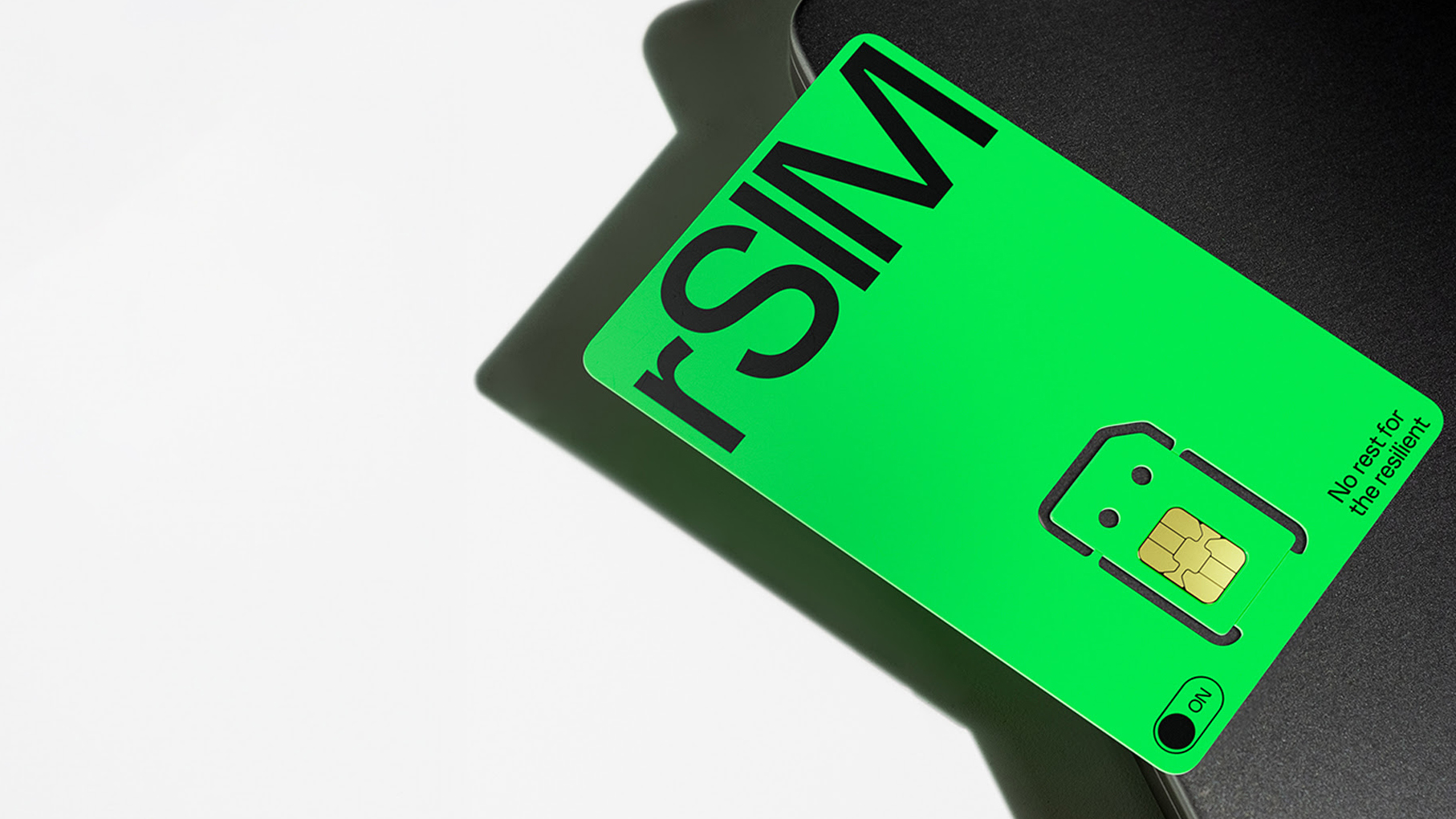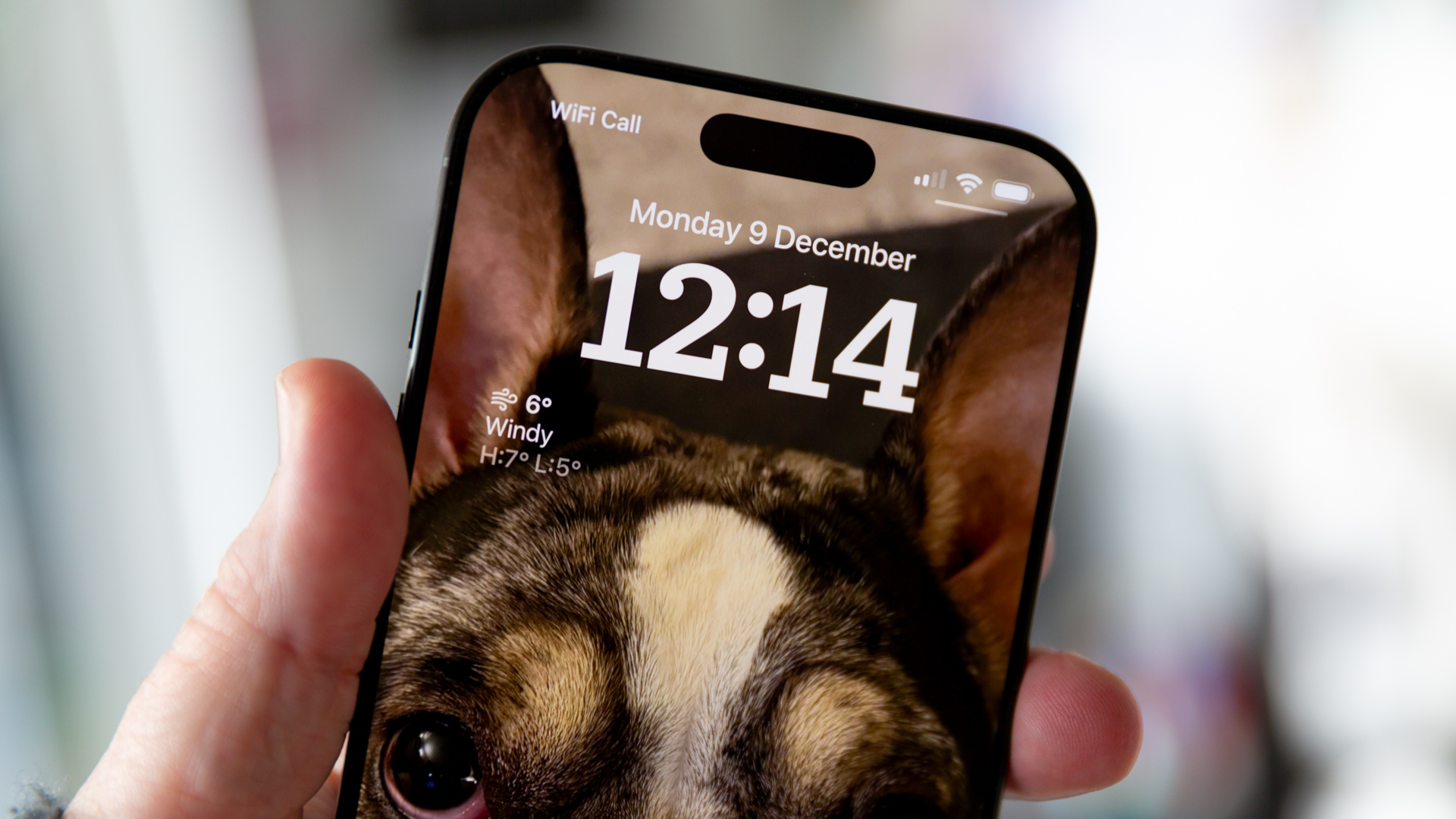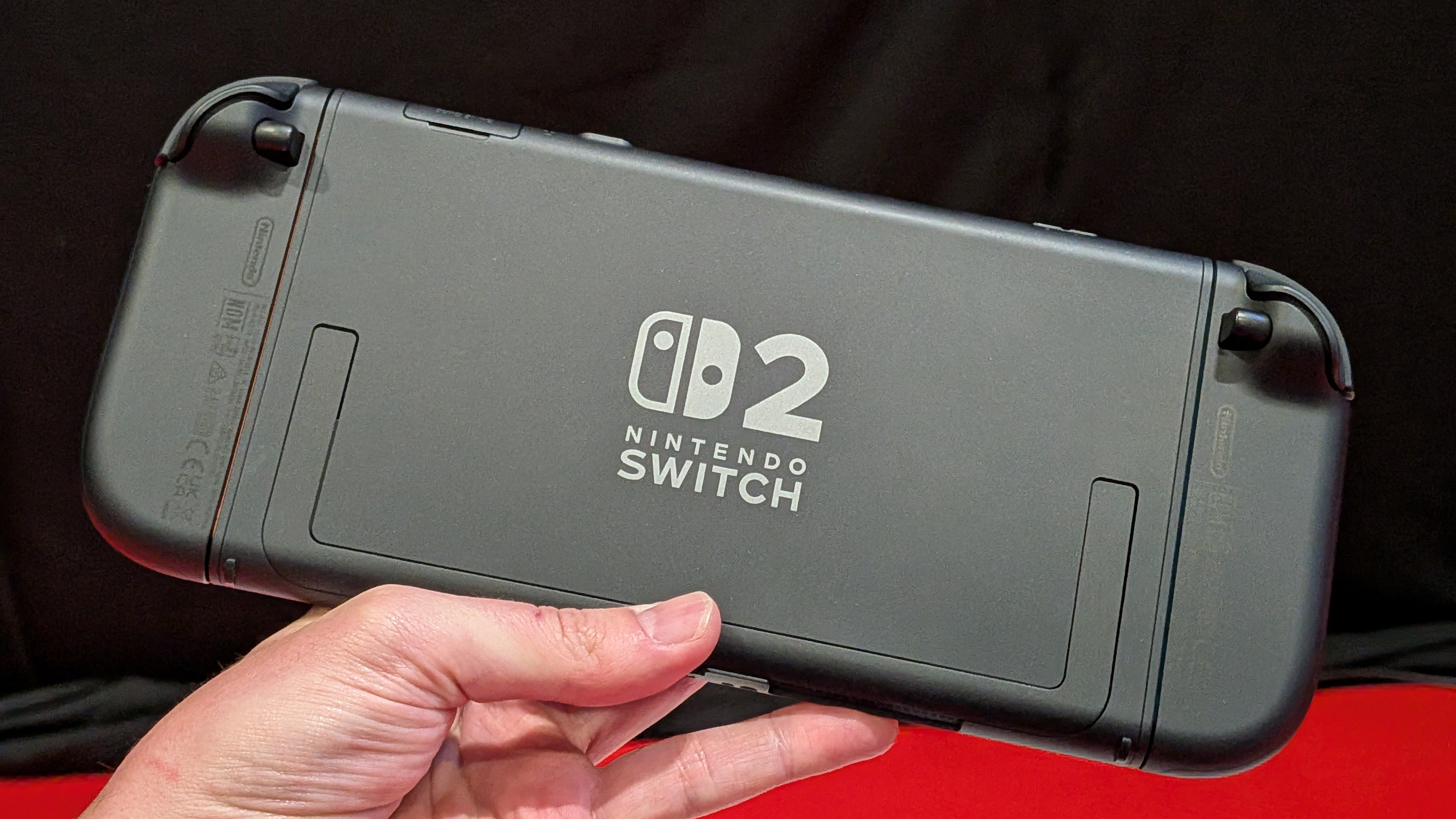

Quick Summary
A new rSIM card combines two SIMs in one, offering constant connectivity even if your main network goes down. The "always on" technology automatically switches to a backup network if needed, perfect for critical devices like remote security cameras.
It's not for smartphones, but demonstrates self-aware dual SIM on a single card, which is potentially useful for industrial settings.
Connectivity has become an essential part of modern life, not just for checking your social media, but to keep all sorts of devices connected. Remote security cameras or monitoring equipment, payment kit, sensors and a whole lot more bundled into the Internet of Things. Some of this can be critical, as without a connection, it stops functioning.
The solution to this problem is often to use a "roaming" SIM or Multi-IMSI SIM. Unlike the typical SIM that you have in your mobile phone, these are designed to allow connections to multiple mobile phone networks.
This means that a static device, like a payment terminal for example, isn't tied to the network performance of one mobile phone network and can use a different network to stay connected.
The problem is that something must monitor the network performance as even if the roaming SIM can connect to a different network, it might need some intervention telling it to do so. That's perhaps not a problem in a larger device or something with a human operative, but if it's an autonomous connected device, it might not switch networks – and could be left offline.
The new rSIM – short for resilient SIM – has a solution designed to bypass the problem.
It is a clever bit of tech that combines two SIMs in one and provides constant monitoring. It's the monitoring on the rSIM itself that's important here, because it constantly checks the network connectivity and can switch to a backup network if it discovers that the device is offline.
It's an interesting technology and while it's not directly related to your smartphone, it does demonstrate that you can have a self-aware dual SIM configuration on a single SIM device.
Sign up to the T3 newsletter for smarter living straight to your inbox
Get all the latest news, reviews, deals and buying guides on gorgeous tech, home and active products from the T3 experts
This is likely to be of interest to those wanting to deploy things like remote security cameras in industrial settings, providing peace of mind that losing the connection to one network isn't going to lead to a lack of coverage, for example.
The company behind rSIM calls this "always on" connectivity and the new device has been launched in partnership with Deutsche Telekom IoT and Tele2 IoT. Thanks to a Connectivity Management Portal, you'll be able to check on the performance of your rSIMs deployed across your devices.
It'll be interesting to see if it catches on.
Chris has been writing about consumer tech for over 15 years. Formerly the Editor-in-Chief of Pocket-lint, he's covered just about every product launched, witnessed the birth of Android, the evolution of 5G, and the drive towards electric cars. You name it and Chris has written about it, driven it or reviewed it. Now working as a freelance technology expert, Chris' experience sees him covering all aspects of smartphones, smart homes and anything else connected. Chris has been published in titles as diverse as Computer Active and Autocar, and regularly appears on BBC News, BBC Radio, Sky, Monocle and Times Radio. He was once even on The Apprentice... but we don't talk about that.

